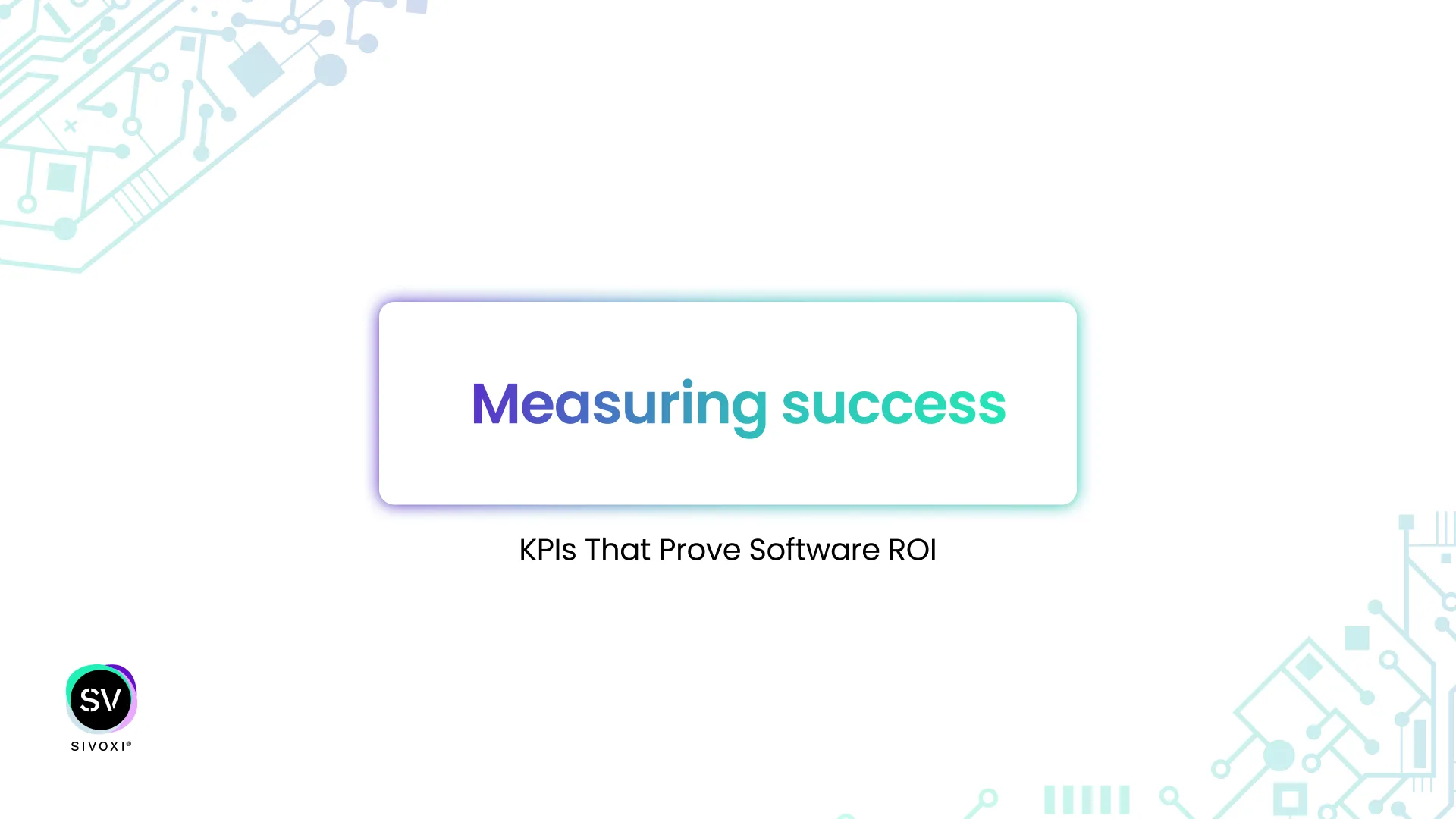Ensuring product Reliability and performance
One of the primary goals of QA is to ensure that a product is reliable and performs as expected. Through rigorous testing, QA teams identify and fix bugs and issues before the product reaches the market. This process prevents potential failures that could tarnish your company’s reputation and lead to costly recalls or fixes.
Consider a scenario where a software application crashes frequently. Without proper QA, these issues would reach your customers, leading to frustration and loss of trust. A robust QA process ensures that your product works seamlessly, providing a reliable experience for your users.
Enhancing user satisfaction
Customer satisfaction is the cornerstone of any successful business. QA directly impacts user experience by making sure that products are intuitive, user-friendly, and free of defects. By prioritising QA, you can deliver a product that meets or exceeds customer expectations.
For example, imagine a new e-commerce website launch. If users encounter broken links, slow loading times, or errors during checkout, they are likely to abandon the site. QA helps in identifying these issues beforehand, ensuring a smooth and pleasant shopping experience for your customers.
Cost efficiency and risk management
Investing in QA can lead to significant cost savings in the long run. Detecting and fixing issues early in the development process is much cheaper than addressing them post-launch. QA helps in identifying potential risks and vulnerabilities, allowing your team to address them before they escalate into major problems.
Think of QA as a form of risk management. By catching defects early, you avoid the high costs associated with emergency patches, customer support escalations, and potential legal ramifications. This proactive approach safeguards your business from unexpected expenses and reputational damage.
Facilitating compliance and security
Compliance with industry standards and regulations is non-negotiable. QA ensures that your products adhere to these standards, reducing the risk of legal issues and fines. Additionally, QA plays a crucial role in ensuring the security of your product, and protecting sensitive data from breaches and cyberattacks.
For instance, a healthcare app must comply with regulations like HIPAA. QA processes ensure that the app meets all regulatory requirements and securely handles patient data, thereby preventing costly compliance breaches and protecting patient privacy.
Streamlining development and improving efficiency
A well-structured QA process can streamline development and improve overall efficiency. By integrating QA from the beginning, development teams can identify issues early, reducing the need for extensive rework and revisions. This leads to a more efficient workflow and faster time-to-market.
QA also promotes better communication and collaboration among team members. Clear documentation of defects and issues helps developers understand problems quickly, leading to faster resolution and a more cohesive development process.
Building brand trust and loyalty
Quality is a key differentiator in a competitive market. Consistently delivering high-quality products builds trust and loyalty among your customers. QA ensures that your products are reliable and meet the highest standards, reinforcing your brand’s reputation for excellence.
When customers know they can rely on your products, they are more likely to become repeat buyers and recommend your brand to others. This trust and loyalty translate into long-term business success and growth.
Quality Assurance is more than just a step in the development process; it is a strategic asset that can significantly enhance your business. QA provides a competitive edge in the market. Prioritising QA not only protects your business but also drives growth and success. Embrace QA as a vital component of your development strategy and reap the benefits of delivering high-quality, reliable products to your customers.











